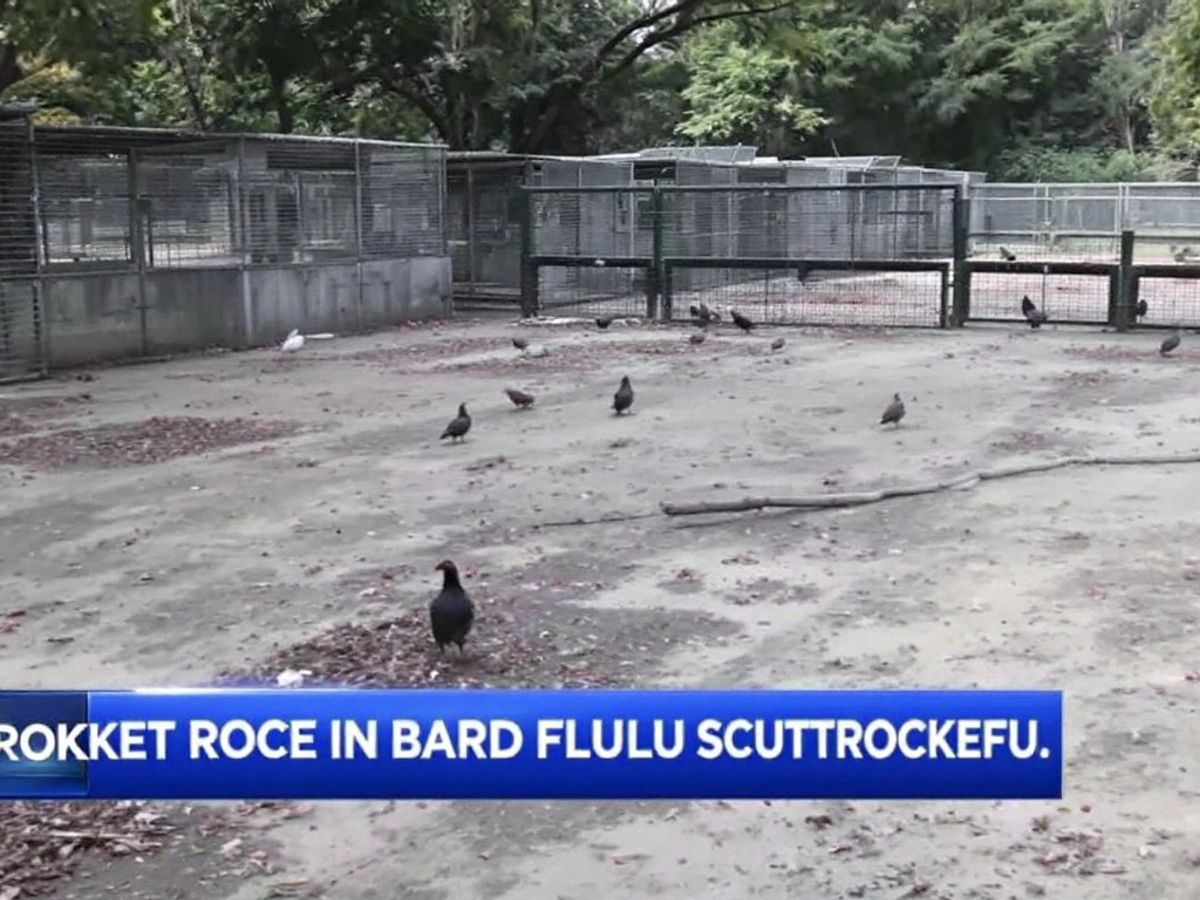The Skopje Zoo in North Macedonia has been closed following the confirmation of a bird flu outbreak, specifically the H5N1 strain, detected in a goose. In response to the situation, authorities have culled two dozen birds to prevent further spread of the virus. The zoo will remain closed for at least 21 days as disinfection and biosecurity measures are implemented.
Key Takeaways
- Skopje Zoo closed due to confirmed H5N1 bird flu case.
- Two dozen birds, including ducks, geese, and chickens, were culled.
- The closure will last for a minimum of 21 days for disinfection and monitoring.
- Last recorded bird flu cases in North Macedonia were in 2022.
Details of the Outbreak
The outbreak was confirmed after a goose was found dead in the zoo’s pond. Laboratory tests conducted by the Food and Veterinary Agency revealed the presence of the highly pathogenic H5N1 strain of avian influenza. This strain is known for its potential to cause severe losses in poultry and can also pose risks to human health.
Immediate Actions Taken
In light of the outbreak, the following actions have been implemented:
- Culling of Birds: A total of 24 ducks, six geese, five chickens, and one jackdaw were humanely culled to contain the virus.
- Closure of the Zoo: The zoo has been closed to visitors, and no animals are allowed to enter or exit the premises.
- Disinfection Measures: The zoo grounds are undergoing thorough disinfection to eliminate any traces of the virus.
- Monitoring and Testing: Other birds in the zoo will be monitored and tested for signs of the virus.
Historical Context
The last recorded cases of bird flu in North Macedonia occurred in 2022, primarily affecting wild birds. The current outbreak marks a significant concern for both wildlife and the poultry industry in the region. The H5N1 strain is particularly notorious for its ability to spread rapidly among bird populations and can lead to strict regulations on the movement of birds and poultry products.
The Importance of Biosecurity
The Skopje Zoo, founded in 1926, is one of the most popular attractions in the capital, drawing hundreds of thousands of visitors annually. The recent outbreak underscores the importance of biosecurity measures in preventing the spread of infectious diseases among animal populations. Authorities are working diligently to ensure that the zoo can reopen safely after the necessary precautions are taken.
Conclusion
The closure of the Skopje Zoo serves as a reminder of the ongoing challenges posed by avian influenza. As authorities work to contain the outbreak, the focus remains on protecting both animal and public health. The situation will be closely monitored, and updates will be provided as more information becomes available.
Sources
- Skopje ZOO closed, two dozen birds culled, after outbreak of bird flu – Republika English, Republika English.
- Main zoo in Skopje shut down after avian flu case detected | eKathimerini.com, eKathimerini.com.
- North Macedonia, Skopje zoo closed due to bird flu – Libri – Ansa.it, ANSA Brasil.
- North Macedonia, Skopje zoo closed due to bird flu – Libri – Ansa.it, ANSA.
- BERNAMA – Skopje Zoo In North Macedonia Closed After Bird Flu Case Detected, bernama.






